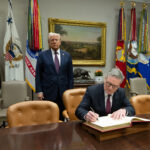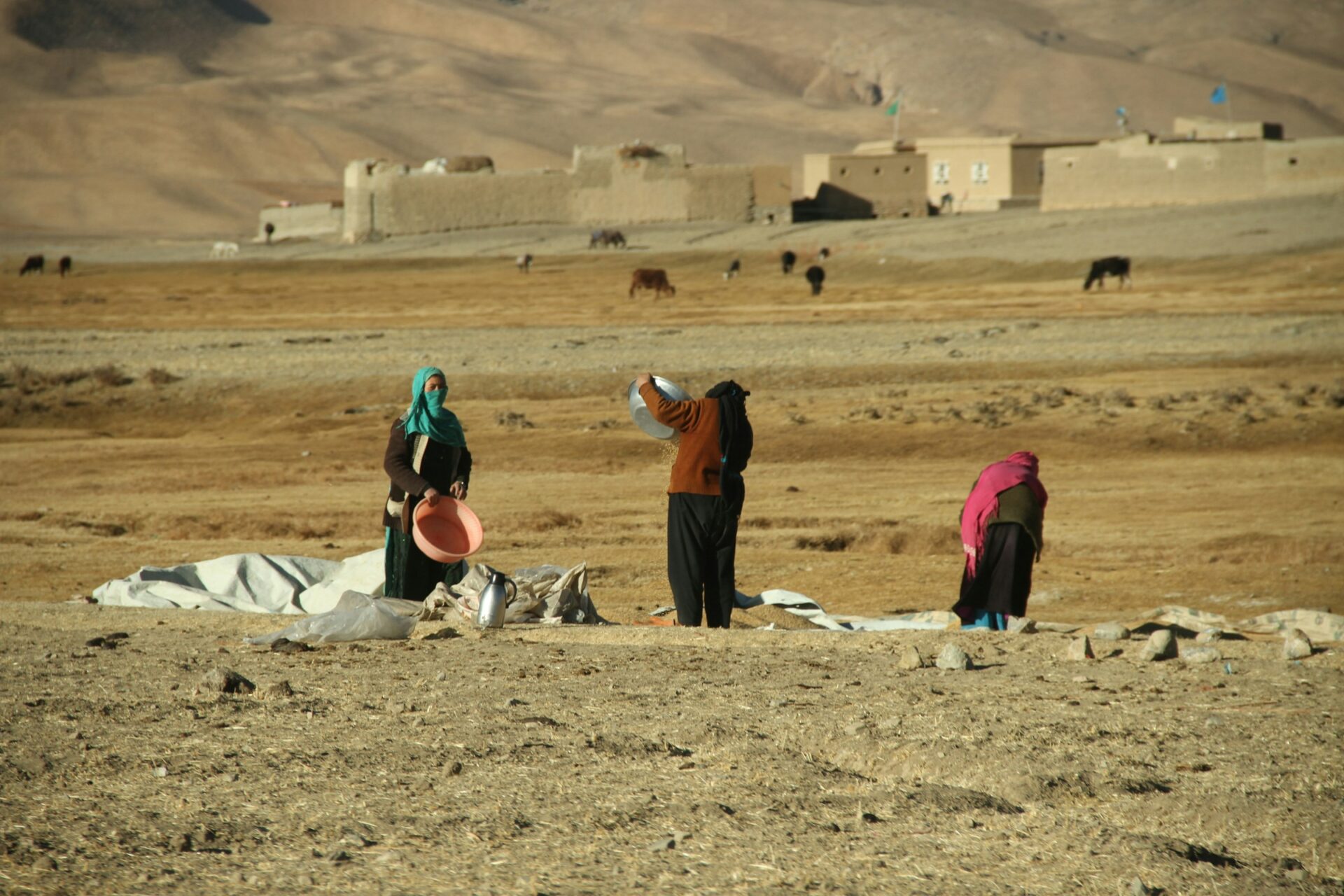There are innumerable lessons we could and should learn from the failures of Western intervention in Afghanistan over the past 25 years. One of the most glaring realizations should be the senselessness of economic sanctions. Economic sanctions are often touted as a nonviolent and diplomatic alternative or supplement to armed conflict, a notion that has proven lethal. There has been an abundance of criticism and condemnation of the Taliban’s restrictive treatment of women, and fairly. Much less has been written on the deadly effects the combination of armed conflict and economic sanctions continue to have on Afghanistan’s women. Contrary to how sanctions are portrayed, they do not protect civilian lives — and gender plays a determining role in whose lives are affected most severely.
The United Nations Security Council first imposed sanctions against the Taliban in 1999, in response to al-Qaeda’s bombing of US embassies in Dar es Salaam and Nairobi. As a stipulation of those UN sanctions, Ariana Afghan Airlines was required to discontinue all international flights. Afghanistan’s state-owned airline had been the primary method of transport for bringing humanitarian aid and medical supplies into the country. The financial assets of Afghanistan’s national bank were frozen and cash became inaccessible to the country’s citizens.
Perfect storm
Worse still, the 1999 UN sanctions coincided with a severe drought in Afghanistan. The rate of food insecurity rose sharply when sanctions cut off the NGO food supply line and the full-blown humanitarian crisis worsened. Women were especially vulnerable amid the compounding effects of the historic drought, extreme cash and food shortages, and the authoritarian Taliban-imposed rules that made it difficult for them to earn wages working outside the home. This perfect storm made it nearly impossible for women-led households to access financial resources to purchase what limited food was available.
Two years after the UN sanctions were first implemented and less than one month after the al-Qaeda attacks on Sept. 11, 2001, the US military invaded Afghanistan with multilateral support. The Watson Institute at Brown University estimates that 46,319 Afghan civilians have been killed since 2001 — a number that only roughly counts those who died as a direct result of armed conflict. This is likely an underestimate and certainly does not include those who were killed as a result of the sanctions imposed simultaneously with drought, famine, and war.
Surrounding the US invasion of Afghanistan, there was pervasive rhetoric that framed Western involvement — the US invasion and implementation of economic sanctions — as a means to end the Taliban’s brutal treatment of women. But in many ways, Western involvement, through both sanctions and armed conflict, was counterproductive to its objective of protecting women.
Lessons ignored
The US officially ended its physical military presence in Afghanistan in 2021. History repeated itself and it was clear that we had learned nothing. Economic sanctions were put in place to target the newly reinstated Taliban-controlled government. As a part of the continued US involvement in Afghanistan through economic sanctions against the Taliban, Washington froze almost $9.5 billion in assets belonging to Afghanistan’s central bank. Again, this led to a severe shortage in available cash, making it in many cases impossible for families to buy food, afford medical care, and purchase other necessities.
The US officially ended its physical military presence in Afghanistan in 2021. History repeated itself and it was clear that we had learned nothing.
Foreign donors and aid organizations pulled out of the country, partially due to Taliban-imposed restrictions and the new round of sanctions. Enormous swaths of the population were left in a lurch. The situation was particularly dire for women who were pregnant or recently pregnant and in need of obstetric healthcare. There is growing concern among experts that maternal mortality rates will regress towards their alarmingly high historic levels due to decreased foreign aid, a lack of healthcare workers, and extreme poverty — all exacerbated by the newest round of sanctions against the Taliban. Maternal mortality rates had improved significantly with the influx of international aid after some sanctions were lifted during the US occupation. Under the new sanctions regime and restored Taliban leadership, it is estimated that a woman dies in childbirth every two hours in Afghanistan.
Food insecurity
In May 2022, months after the last US service member left Afghanistan, nearly 100% of households led by women were food insecure. This time, there is enough food in the country, but again there is not enough cash for people to buy it. Countless families have plunged into poverty. This is especially true for women who are restricted in the paying work they can pursue outside of the home. The US may have removed the boots on the ground, but it continues to impact the daily lives of people living in Afghanistan.
Economic sanctions can be a deadly weapon. Not to mention, they consistently fail to achieve their objectives. Since 1970, economic sanctions have been considered effective in only 13% of cases.
Afghanistan has already been battered by war after war, occupation after occupation. Sanctions have only worsened the already dire humanitarian crisis and made life harder for women — with little payoff in terms of influence. Instead of learning from its past missteps, the US and other countries continue to impose sanctions on countries with highly vulnerable populations across the globe: Yemen, Syria, and Cuba, to name a few. Sanctions ultimately fail to keep economic resources out of reach for the powerful, but they do inflict harm on the most disenfranchised and disempowered.




















